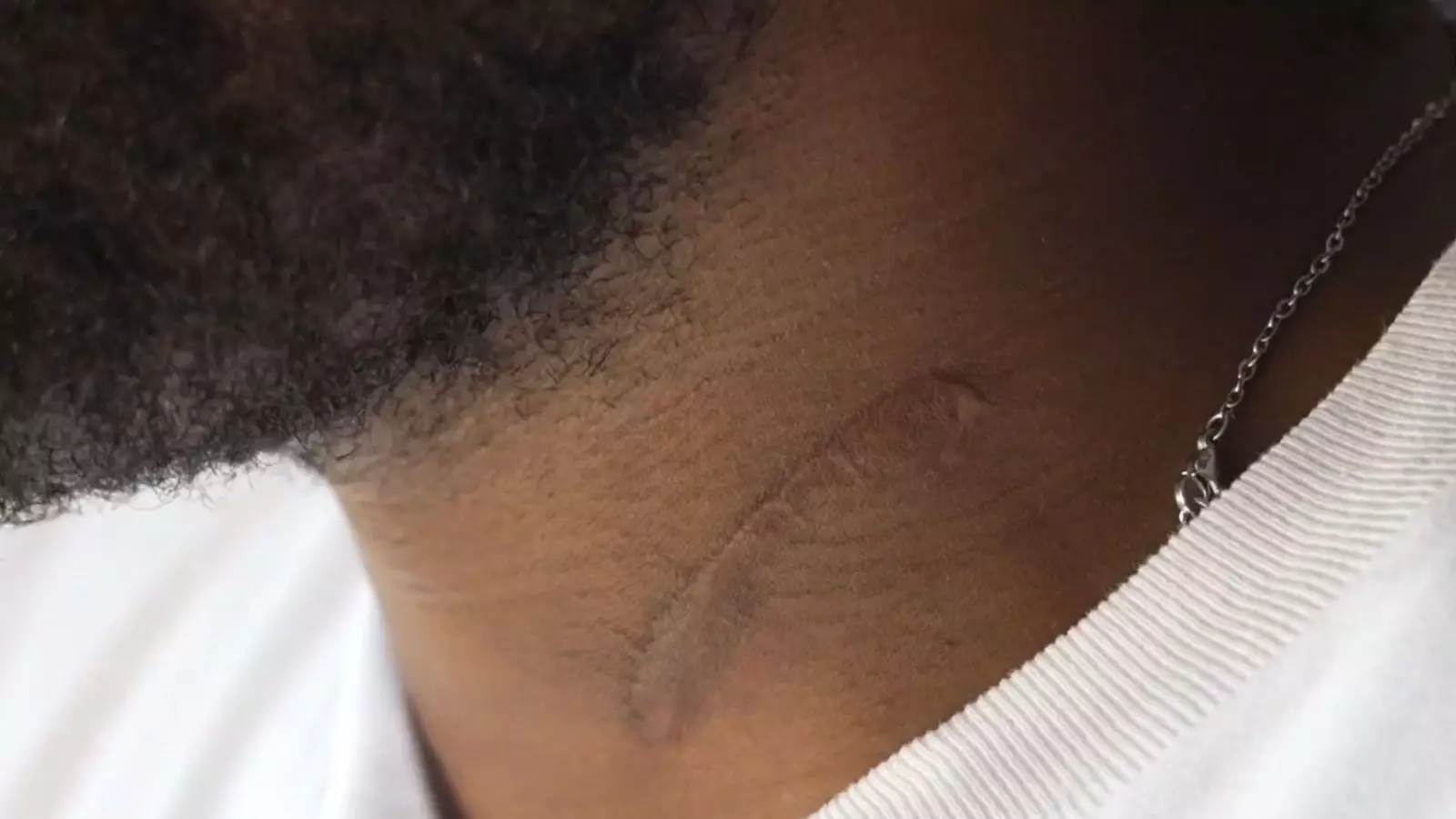In a chilling and sobering narrative, Donato Iwule recounts the ghastly encounter he had with Marcus Arduini Monzo during a violent rampage in Hainault, East London. When confronted by Monzo, armed with a samurai sword and an appetite for destruction, Iwule experienced a horror that feels all too familiar in our current societal landscape – a reality suffused with inexplicable violence and fear. The casualness with which Monzo declared his murderous intent – “I’m going to kill you” – illustrates a frightening detachment from humanity that evokes a visceral reaction. It raises unsettling questions about the nature of violence and the depths of human depravity.
Surreal Moments of Survival
The moment appeared surreal and Kafkaesque; a young father merely on his way to work transformed into a character ensnared in a real-life horror movie. Such sensationalistic descriptors hardly capture the weight of this encounter, for this was neither fiction nor entertainment. It was a life-changing trauma that altered Iwule’s perception of safety. His instinct to inquire about the attacker’s well-being only highlights the profound shock and disbelief that such violence could erupt from a seemingly ordinary individual. Just moments later, the scene morphed into chaos as Monzo brandished a weapon and actively sought to inflict harm.
Monzo’s viciousness illustrates more than just personal malice; it can reflect the societal pressures that can push individuals toward their breaking points. The ubiquity of violence—whether through the media or personal experience—can lead people to normalize brutality as a method of conflict resolution. For Iwule, what unfolded in that 20-minute onslaught was a stark reminder of how easily life can pivot from mundane to devastatingly catastrophic.
Physical and Psychological Impact
Perhaps the most haunting aspect of Iwule’s testimony is not the physical injuries he sustained but the lasting psychological scars that have manifested since that fateful day. Being victims of violence disrupts not just the physical state but also shatters the very notion of personal safety and security. Iwule, who describes sleepless nights and a profound fear of leaving his home, represents countless individuals who experience similar fears post-trauma. Such experiences often remain invisible to society; the physical scars may heal, but the psychological impact lingers, often ignored.
In the face of horror, Iwule displays a remarkable strength by recalling advice from his medic cousin, which undoubtedly played a crucial role in his survival. The instinct to apply pressure to his own wound demonstrates not just desperation but the inherent will to live amidst chaos. This reflects a broader narrative of resilience found in survivors of violence. Their collective struggle against unrelenting nightmares post-trauma emphasizes the urgent need for societal support systems for trauma victims.
The Interplay of Justice and Healing
The judicial outcome of Monzo’s rampage—his conviction and impending sentencing—raises essential questions about justice and its role in healing. While many may feel a sense of closure upon hearing of Monzo’s guilt, justice should not merely serve as a means of retribution. It must also function as a vehicle for healing, allowing victims and their families to reclaim a sense of safety in the community. Ultimately, society must grapple with the consequential patterns of violence, urging a collective commitment to restorative practices that address the root causes rather than solely punishing the symptoms.
In a world where such brutal acts of violence are simmering beneath the surface, the question remains: how do we transform our societal responses to encompass compassion, understanding, and meaningful prevention? Iwule’s harrowing story urges us to envision a society where fear does not dominate daily life but is instead replaced with resilience and community solidarity. This shift is not just essential; it is imperative for breaking the cycle of trauma and building a future where such violent episodes are aberrations rather than expectations.


Leave a Reply